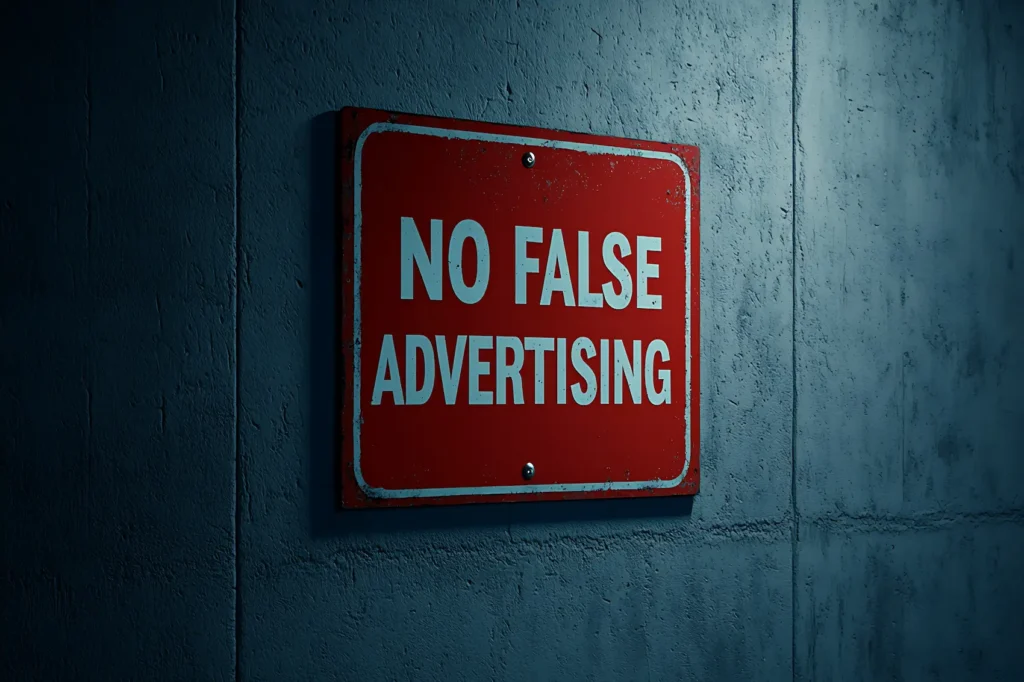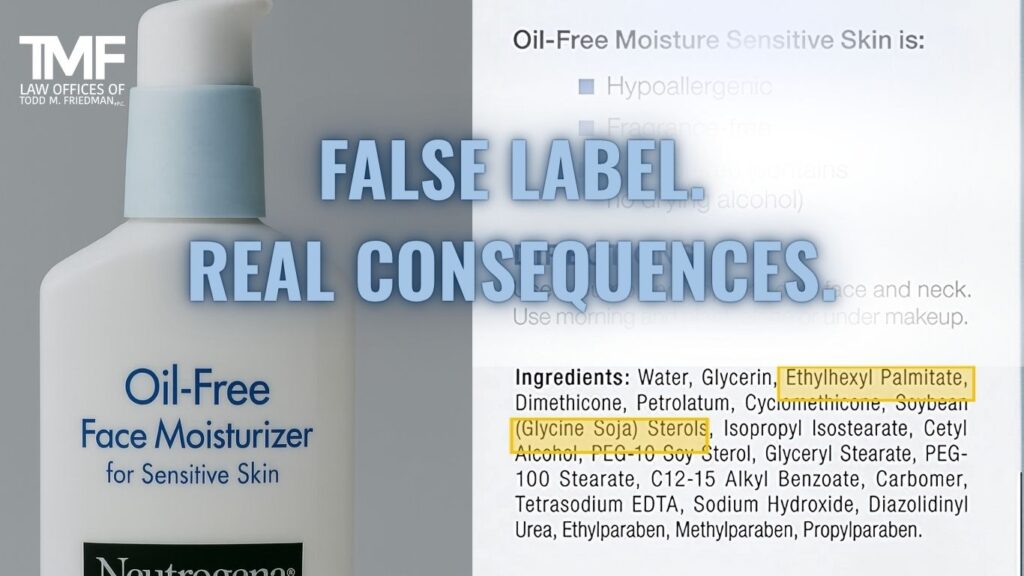As an employee you are protected by the The Family Medical Leave Act (FMLA), and the California Family Rights Act (CFRA), should you find yourself in situation where it is necessary to take medical leave. Both of these acts provide you the opportunity to take up to 12 weeks of unpaid leave for certain “qualified” events. Employers with 50 or more employees are covered by the FMLA and CFRA. Employees who have worked for at least 12 months and at least 1,250 hours in the immediately preceding 12 months are covered by the laws. This being said, employers do NOT need to provide you this the leave if they employees than 50 employees within a 75-mile radius.
If the employee is covered by the FMLA or CFRA the employee is entitled to return to his or her former position, or a position that is equivalent to the previous position held with equivalent benefits, pay, and conditions of employment. As with most things, there is an exemption. The exemption is for “key employees.” A key employee is defined as a salaried employee who is the highest paid 10% of employees within a 75-mile radius. If the key employee’s reinstatement would cause “substantial and grievous economic injury” to the employer, then the key employee may be denied reinstatement. However, when the employee takes the leave of absence, the employer MUST provide notice to the employee that he or she is a “key employee” and explain their reinstatement rights. If the employer fails to do so at the time the employee goes on the leave of absence, the employer loses the ability to deny reinstatement to the employee under the “key employee” exception.
If you were wrongfully terminated after taking a FMLA or CFRA protected leave of absence please give my office, The Law Offices of Todd M. Friedman a call today at (877) 449-8898


















